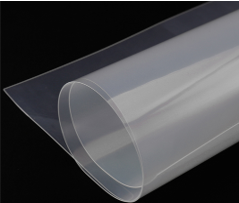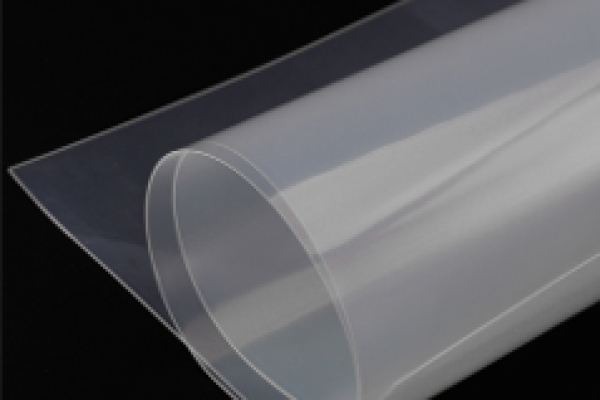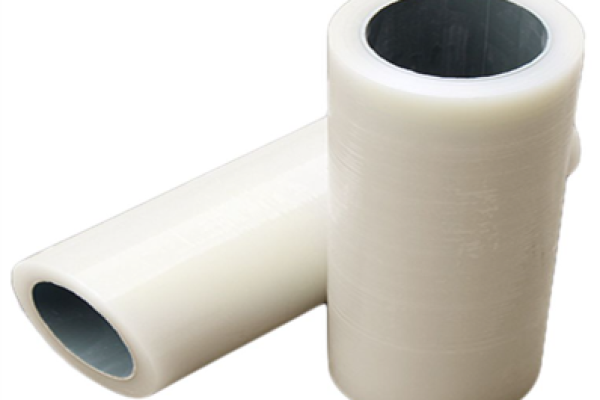TPU (Thermoplastic Polyurethane Elastomer) Film is a type of thermoplastic polyurethane known for its exceptional elasticity, transparency, and resistance to abrasion, oil, grease, and solvents. It is produced by reacting diisocyanates with short-chain diols, resulting in a polymer that can be melted and reshaped multiple times without significant degradation.
Feature of TPU film
TPU film is a film (sheet) directly extruded from thermoplastic elastomer resin, which is used in a wide range of industrial fields because of its excellent abrasion resistance, flexibility, oil resistance, chemical resistance, and other functional properties that can be achieved through the selection of raw materials and synthesis methods.
Widely known features of TPU film are as follows.
- Abrasion and impact resistance
Resists friction 3 to 5 times better than natural and synthetic rubbers, and can withstand use in harsh environments. - Oil and gasoline resistance
High durability against oil and gasoline makes it suitable for industrial parts, automotive parts, and solvent protective gloves. - Flexion Resistance
Excellent durability against repeated flexural movement over a long period of time. Because of its resistance to tearing, it is used for industrial parts and containers that cannot be solved with rubber products. - Rubber elasticity
Its excellent rubber elasticity and resistance to change in hardness even at low temperatures make it safe for use in extremely cold regions.
TPU film is attracting attention not only for its high mechanical strength, such as tensile and tear strength, and abrasion resistance, but also for its excellent oxygen permeability (gas barrier property) and water vapor permeability. TPU has the disadvantage of yellowing under the influence of ultraviolet rays, but by selecting and blending raw materials, TPU films with high transparency and resistance to yellowing (non-yellowing) are now available.





